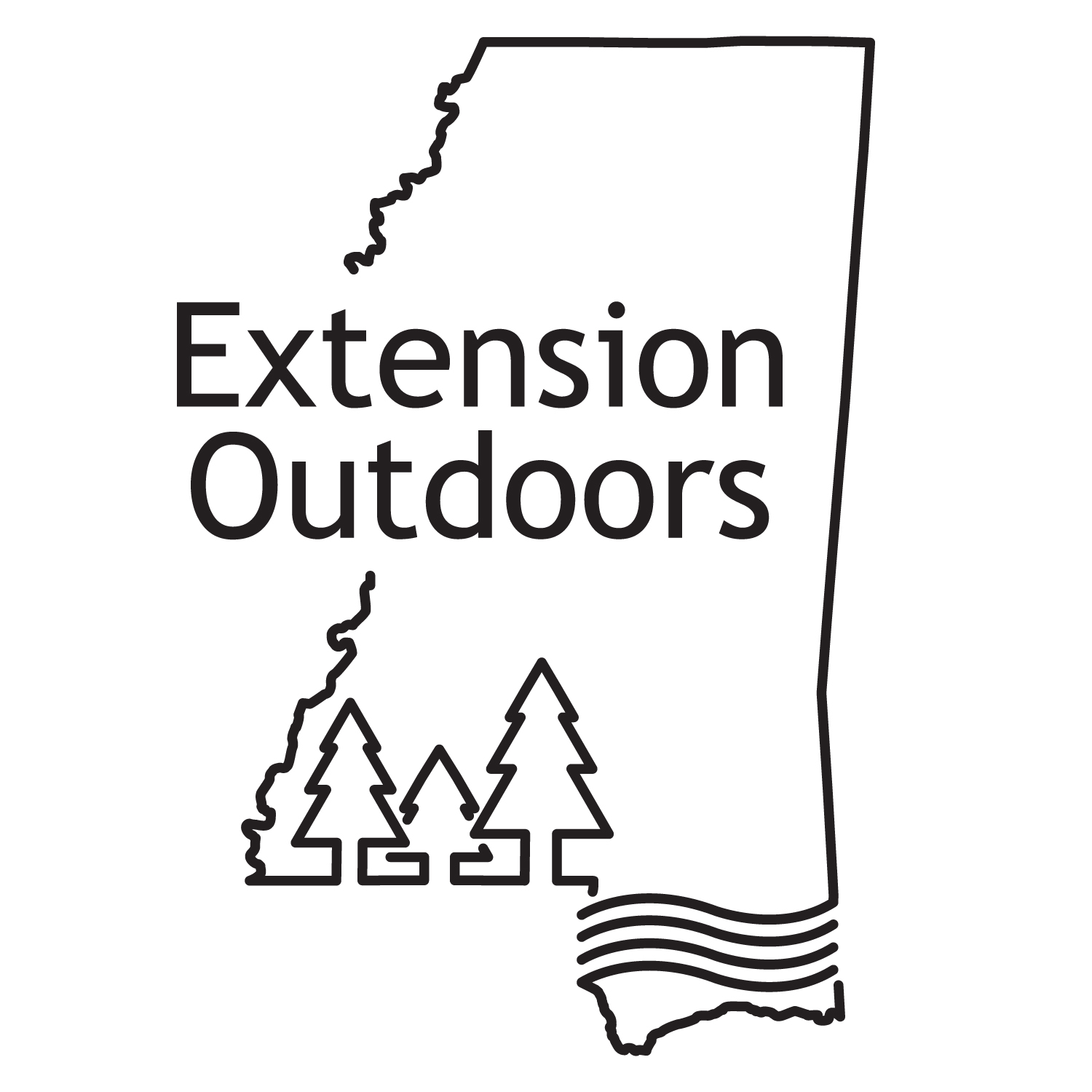Information Possibly Outdated
The information presented on this page was originally released on July 29, 2016. It may not be outdated, but please search our site for more current information. If you plan to quote or reference this information in a publication, please check with the Extension specialist or author before proceeding.
Don’t overlook the value of outdoor recreation
STARKVILLE, Miss. -- Outdoor recreation is an economic giant that receives far less attention than most of the other industries in our country.
We usually think of the pharmaceutical, insurance, energy, automotive and health care industries as drivers of a strong economy. We rarely discuss with our friends and relatives the industry of outdoor recreation or its potential to create jobs. Yet, outdoor recreation has changed in the modern world, and it’s time to change the way we view this expanding market.
Research shows Americans spend $646 billion each year on outdoor recreation. In 2011, the outdoor industry employed 6.1 million Americans. For the record, that was more than the number of American jobs reported by the U.S. Bureau of Labor Statistics in education (3.5 million) or construction (5.5 million) in that year.
The Outdoor Industry Association reports that 55 percent of Mississippi residents participate in outdoor recreation each year, generating $4.9 billion in consumer spending and creating 58,000 jobs. Those jobs account for $1.3 billion in wages and salaries and $329 million in state and local tax revenue.
These numbers should not be surprising. The Magnolia State boasts 199 public lakes, 123,000 stream miles, 255,000 freshwater acres, 665,000 acres of Wildlife Management Areas, 25 state parks and six national forests.
The national forests alone encompass 1.2 million acres of forestland with about 265 miles of nonmotorized trails and about 90 miles of trails open to off-highway vehicles. Citizens are enjoying our outdoor areas and reaping economic and personal benefits through our wealth of natural resources.
When we think of outdoor recreation, the major activities that usually come to mind are fishing, hunting and wildlife observation. However, Mississippians and people across the country are showing interest in a variety of other activities that get them outside and connect them with nature. Camping, swimming, canoeing, paddle boarding, kayaking and hiking are a few others, but the list is endless.
Outdoor recreation gets people moving and active, but it is also good for their brains. In a recent National Geographic article, researchers provided evidence that getting outside is good for our mental health as well as our physical health. In fact, more and more research shows that nature connections -- even just seeing pictures of nature -- can improve mental health and happiness. Just living near trees or taking a 15-minute walk in the woods can be beneficial.
Despite the undeniable benefits, there is a major disconnect between many Americans and nature. Getting outside more often is an easy (and free) lifestyle change each of us can make for ourselves and our children. Some innovative educational programs have even moved learning from the classroom to the outdoors to teach children various subjects through nature.
Getting outdoors does not have to be a major excursion. Even playing in the yard for 15 minutes makes a difference. Easy ways you and your family can get outdoors include going for a walk through your neighborhood or on a nearby nature trail. Have a picnic in your yard, or make it an adventure by going to a local park or wildlife area. Play in the water at a public lake or river, and, if you have the means, try kayaking or boating.
Beat the summer heat by getting outside in the mornings or evenings. Always be cautious of any rules and regulations, and make sure to leave the natural area better than you found it. Remember to “Leave No Trace.”
For more information about water conservation, contact Beth Baker, assistant Extension professor at Mississippi State University, at 662-325-7491 or beth.baker@msstate.edu. Baker is a project coordinator with the Research and Education to Advance Conservation and Habitat program.

Editor’s Note: Extension Outdoors is a column authored by several different experts in the Mississippi State University Extension Service.






